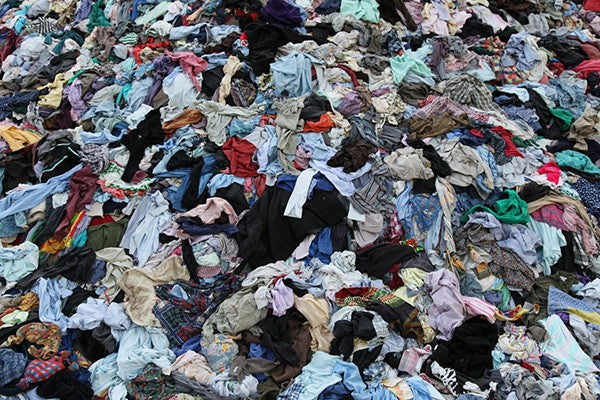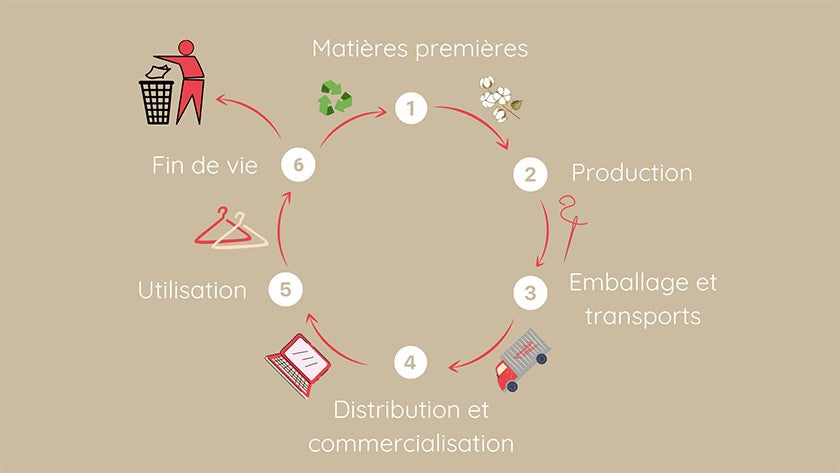Waste act: we tell you everything

Revolution in Fashion: The Impact of the Anti-Waste Law on the Clothing Industry (France)
Faced with the rise of fast fashion and the alarming growth of waste in the fashion industry, many countries have responded by adopting anti-waste laws to counter this harmful trend. These regulations were put in place to hold industry players accountable and encourage more sustainable practices. We explain the impact of the anti-waste law in fashion, its advantages and the transformations it causes.

The Benefits of the Anti-Waste Law in Fashion
- Reduction of Textile Waste : One of the main benefits of the anti-waste law in fashion is the significant reduction of textile waste. Brands are encouraged to produce according to actual demand, thus minimizing overproduction and overconsumption.
- Encouragement of the Circular Economy : This law promotes the circular economy by encouraging the reuse, recycling and repair of products. Brands are driven to design durable and repairable garments to extend their lifespan.
- Responsibility of Producers : Manufacturers and distributors are required to meet strict environmental standards throughout the life cycle of products. This stimulates increased awareness of the environmental impacts of production.
- Innovation in Design : Anti-waste laws encourage designers to innovate in the design of clothing by using recycled materials, promoting simplicity and versatility, and avoiding over-decoration which could make clothing difficult to recycle.

Transformations in the Fashion Industry
- Changing Consumption Patterns : Anti-waste laws encourage a change in consumption habits. Consumers are beginning to prioritize quality over quantity, opting for durable clothing over disposable pieces.
- Innovation in Production : Brands are motivated to innovate in production methods to reduce their environmental impact. This may include cleaner dyeing technologies, water-efficient manufacturing processes, and research into alternative materials.
- Emergence of New Markets : Anti-waste laws stimulate the emergence of markets for second-hand goods and repaired clothing. New businesses are developing around the repair, reconditioning and resale of clothing.

The anti-waste law is a crucial step towards a more responsible and sustainable fashion industry . It encourages the reduction of waste , the adoption of eco-conscious practices and innovation in design and production . By putting these regulations in place, we are creating a future where fashion respects the planet and future generations. This transformation towards a more circular and responsible fashion is not only an obligation, it is an opportunity to rethink and reshape the fashion industry for the better.





Leave a comment